Ross Mullins
aka Last Man Down
When pianist-singer Ross Mullins released his seventh album The Poet and the Fisherman in 2016 it was certainly long overdue but perhaps not long-awaited.
Ross Mullins and the Snaps, Stranger at the Ranchslider - live, 1994
Caitlin Smith performs Ross Mullins's interpretation of Robin Hyde's 'White Irises'

Ross Mullins at the Pumphouse, Takapuna, Auckland, 1990s.
Photo credit:
Ross Mullins collection
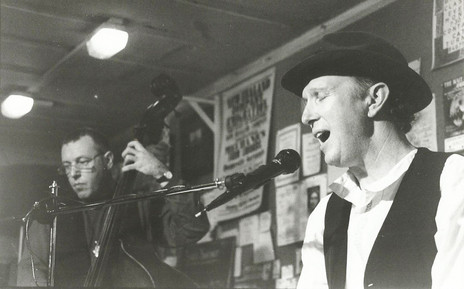
Ross Mullins with Peter Scott on double bass, The Bunker, Devonport.
Photo credit:
Ross Mullins collection
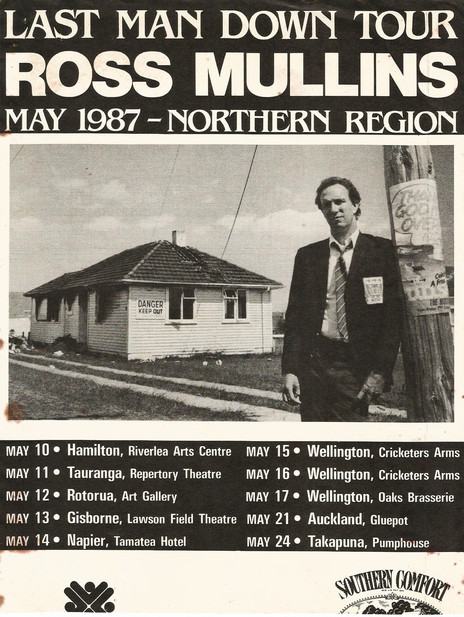
Poster for Last Man Down / Ross Mullins North Island tour, May 1987.
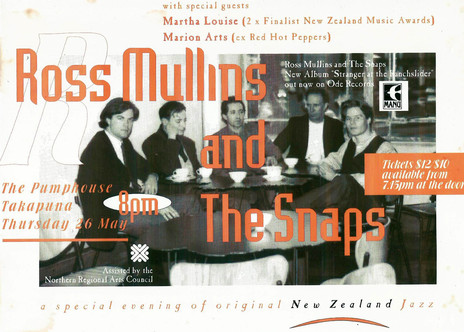
Ross Mullins and the Snaps, 1994.
Photo credit:
Ross Mullins collection
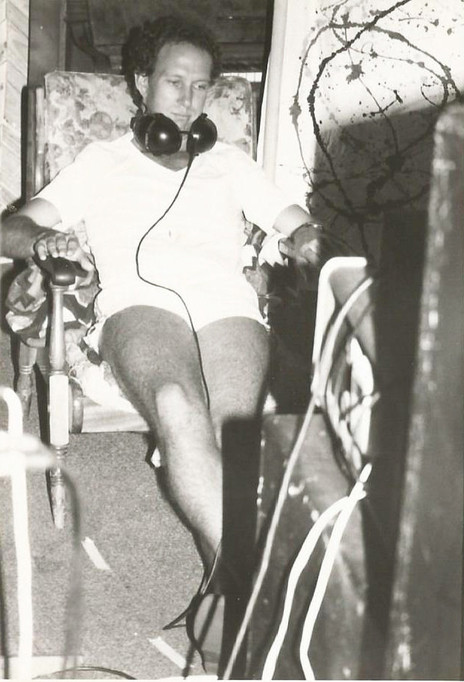
Ross Mullins at the recording session for the State House Kid album, Progressive Studios, Auckland, January 1985.
Photo credit:
Paula Reid
Ross Mullins - Where Fairburn Walked (1989, directed by Keith Hill)
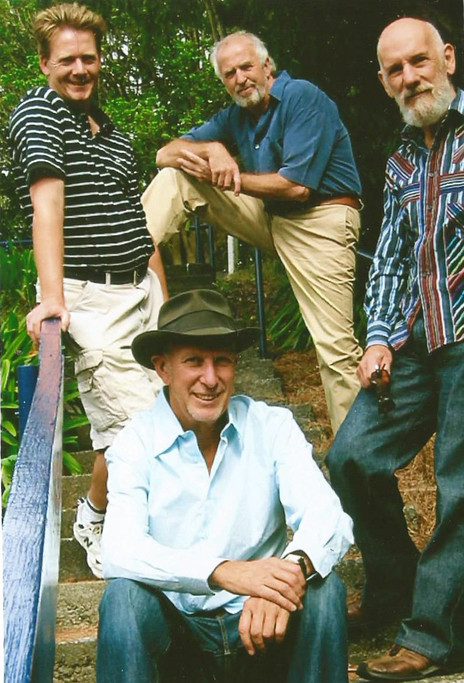
At the Auckland Jazz and Blues Club, 2006. From left: Chris Rowlands (bass), Ross Mullins (piano), Trevor Thwaites (drums), and Jim Langabeer (saxes and flute).
Photo credit:
Ross Mullins collection
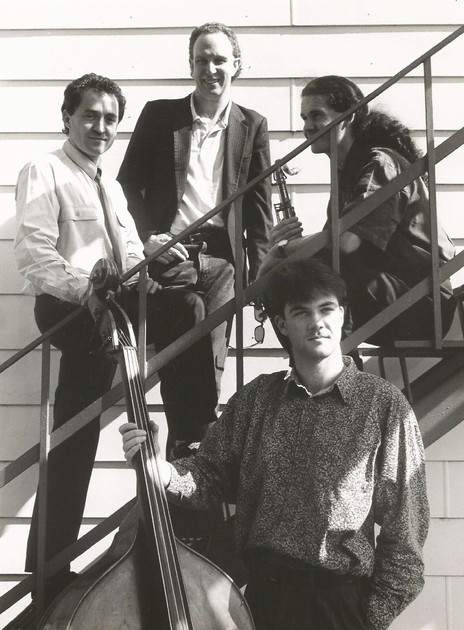
Ross Mullins and the Snaps, 1992. From left: Jason Orme, Ross Mullins, Matt Fieldes, and Neville Hall.
Photo credit:
Ross Mullins collection
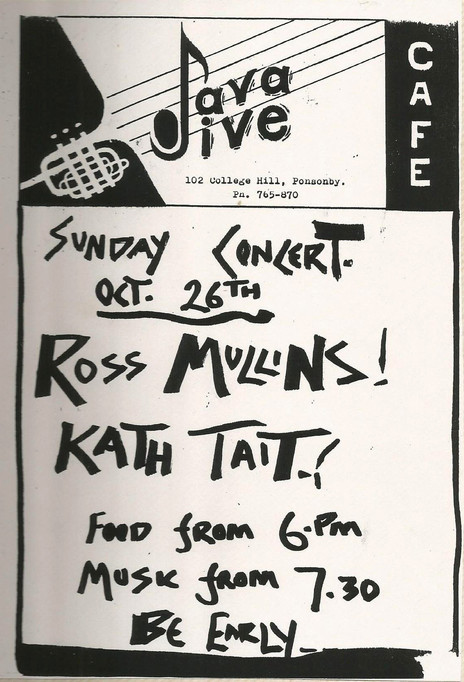
Ross Mullins at Java Jive, Auckland, with Kath Tait, 1986.
Photo credit:
Ross Mullins collection
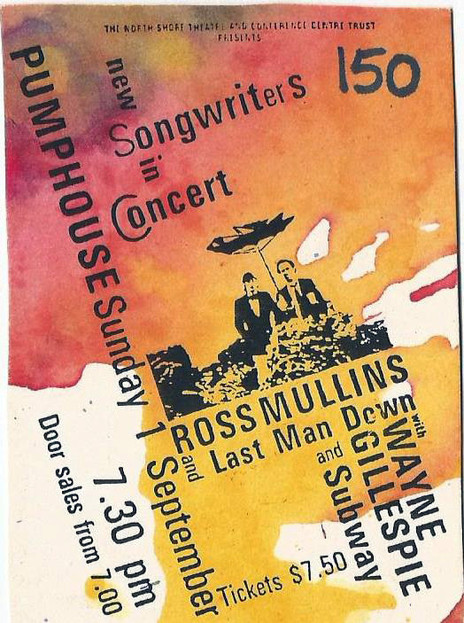
Poster for Ross Mullins and Wayne Gillespie at the Pumphouse, Takapuna, 1985.
Photo credit:
Ross Mullins collection
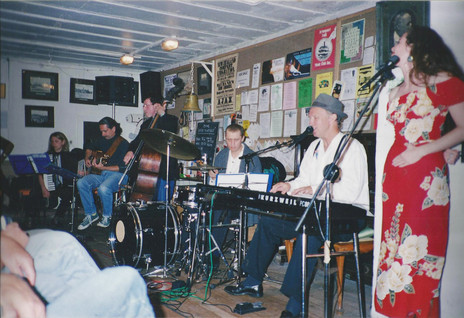
Ross Mullins on keyboards at The Bunker, Mt Victoria, Devonport, at the launch of the Tidemarks album. At right, Caitlin Smith, Peter Scott on bass; 11 November 2001.
Photo credit:
Ted Chamberlain
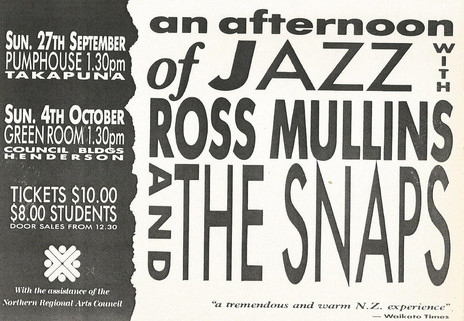
Poster advertising afternoons of jazz with Ross Mullins and the Snaps, Auckland, 1992.
Photo credit:
Ross Mullins collection
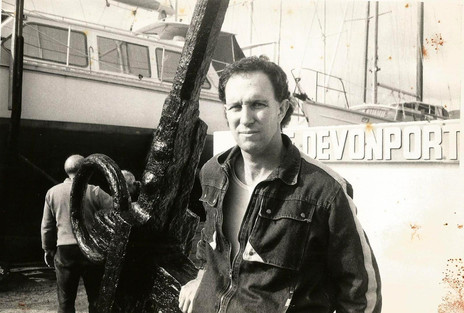
Ross Mullins at Devonport Wharf, Auckland.
Photo credit:
Ross Mullins collection
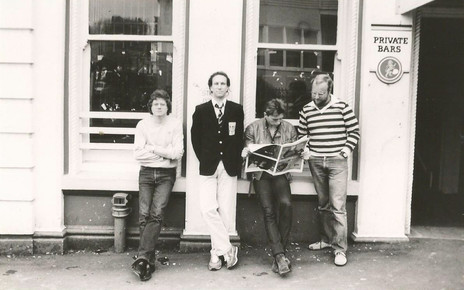
Last Man Down outside the Globe Tavern, Auckland, at their first photo session, 1984. From left: Mike Visser, Ross Mullins, Chris Green, and David White.
Photo credit:
Paula Reid
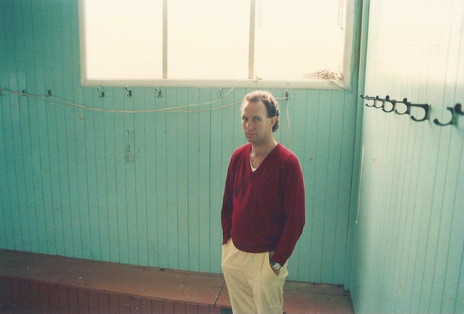
Ross Mullins in the Glenfield College changing rooms for the Sporting Life album cover shoot, 1986.
Photo credit:
Paula Reid
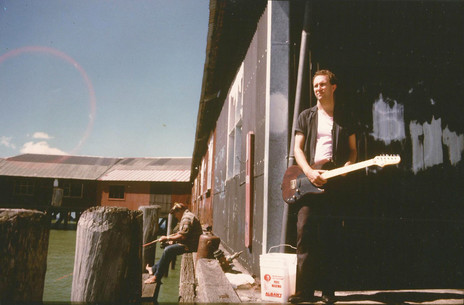
Ross Mullins on the Devonport Wharf, Auckland, for the Parting Shots cover shoot, 1988. Paula Reid
Photo credit:
Paula Reid
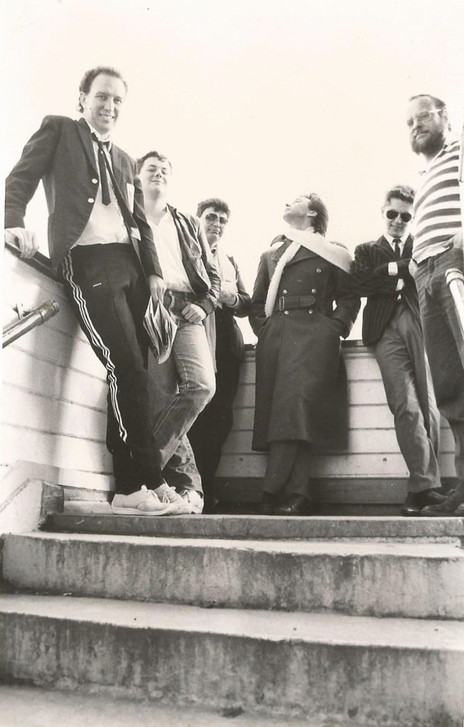
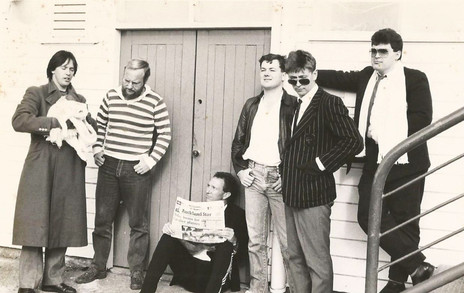
Last Man Down at the Birkenhead War Memorial grandstand, 1986. From left: Bob Shepheard, Mike Visser, Ross Mullins, David Colven, Chris Green, and Mike Russell.
Photo credit:
Paula Reid
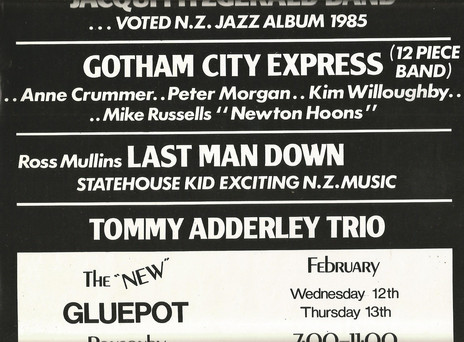
Ad for Last Man Down at the Gluepot, Auckland, February 1992.
Photo credit:
Ross Mullins collection
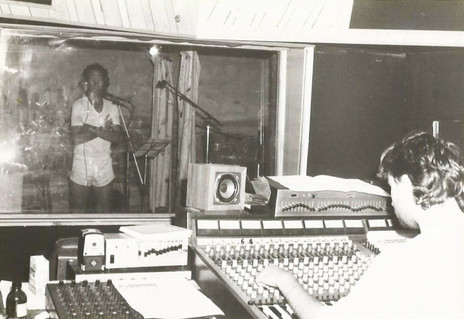
Ross Mullins records vocals for the State House Kid album at Progressive Studios, with Steve Garden engineering, January 1985.
Photo credit:
Paula Reid
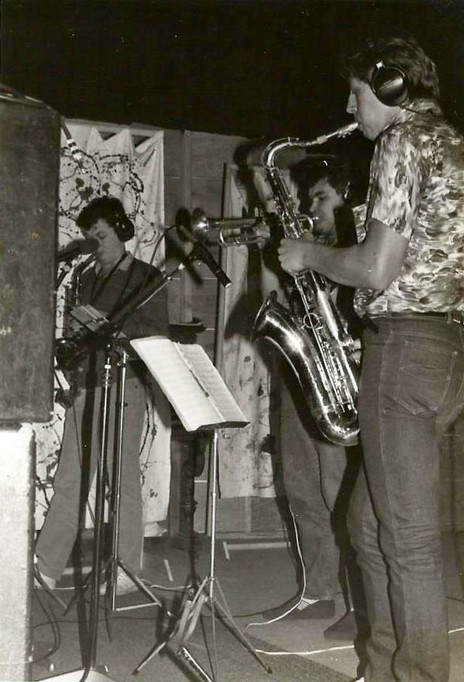
The brass section at the State House Kid album sessions at Progressive, January 1985. From left: David Colven, Mike Russell, and Chris Green.
Photo credit:
Paula Reid
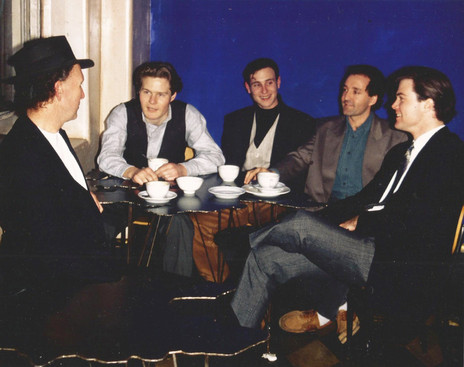
From left: Ross Mullins, Jason Jones, Greg Tuohey, Jason Orme, and Matt Fieldes, at the promo shoot for Stranger at the Ranchslider CD, Rakinos, High Street, Auckland 1993.
Photo credit:
Nicola Herd

Ross Mullins at the piano, Pumphouse, Takapuna, 1994.
Photo credit:
David Legge
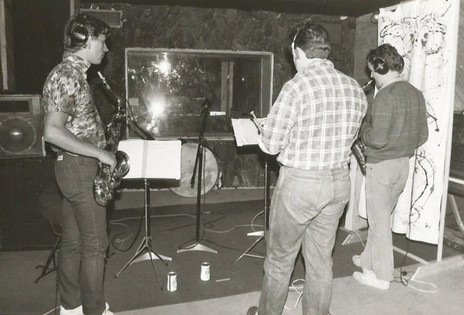
The brass section at the State House Kid album sessions at Progressive, January 1985. From left: Chris Green, Mike Russell, and David Colven.
Photo credit:
Paula Reid
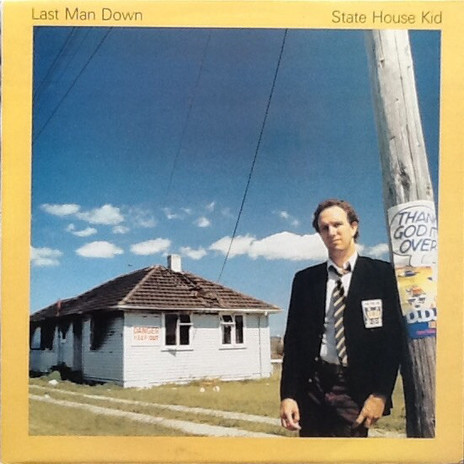
State House Kid, the debut album of Ross Mullin's group Last Man Down (Ode, 1985).
Photo credit:
Paula Reid
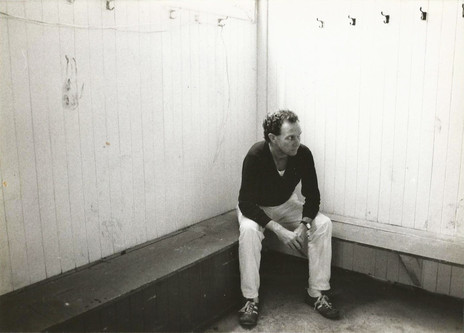
Ross Mullins in the Glenfield College changing rooms, Sporting Life album cover shoot, 1986.
Photo credit:
Paula Reid
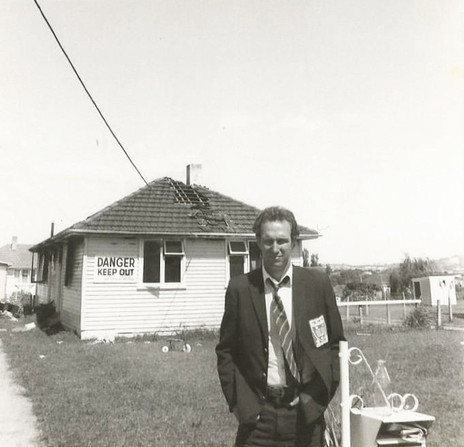
Ross Mullins in a promotional photo for the State House Kid album, 1985.
Photo credit:
Paula Reid
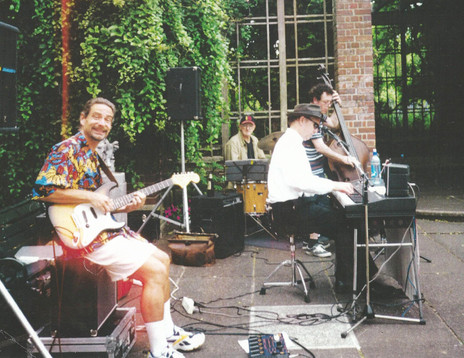
Nigel Gavin, Tony Hopkins, Ross Mullins and Peter Scott at the Wintergardens in the Auckland Domain, 1990s.
Photo credit:
Ross Mullins collection
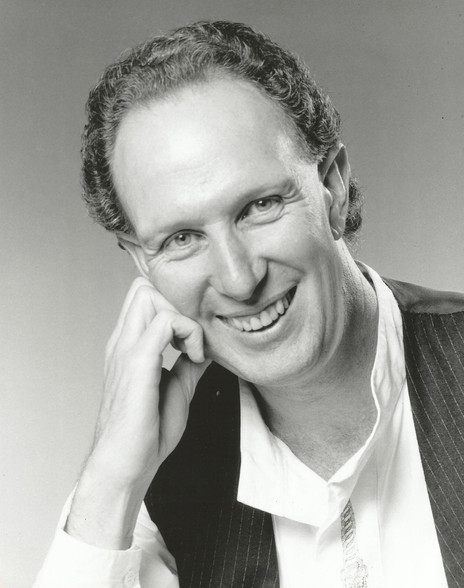
Ross Mullins, c1996.
Photo credit:
David Legge
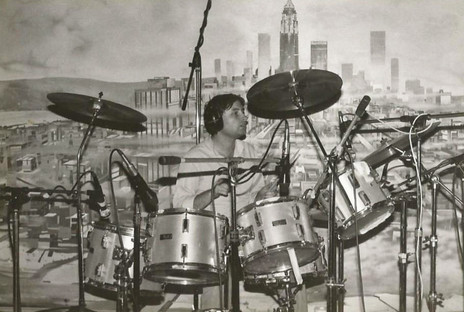
Steve Garden records drums at the State House Kid sessions, Progressive Studios, January 1985.
Photo credit:
Paula Reid
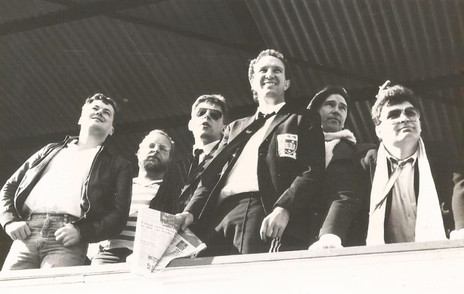
Last Man Down, 1986. From left: David Colven, Mike Visser, Chris Green, Ross Mullins, Bob Shepheard, Mike Russell, at the Birkenhead War Memorial grandstand.
Photo credit:
Paula Reid
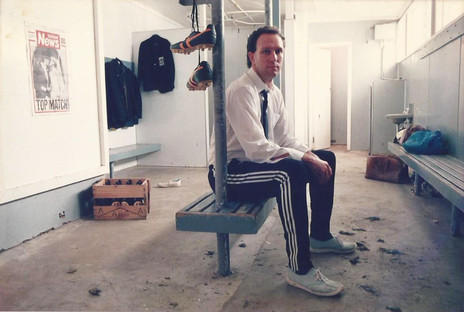
Ross Mullins in the Glenfield College changing rooms for the Sporting Life album cover shoot, 1986.
Photo credit:
Paula Reid
Links:
NZ Musician review of The Poet and the Fisherman by Aleisha Ward
Labels:


